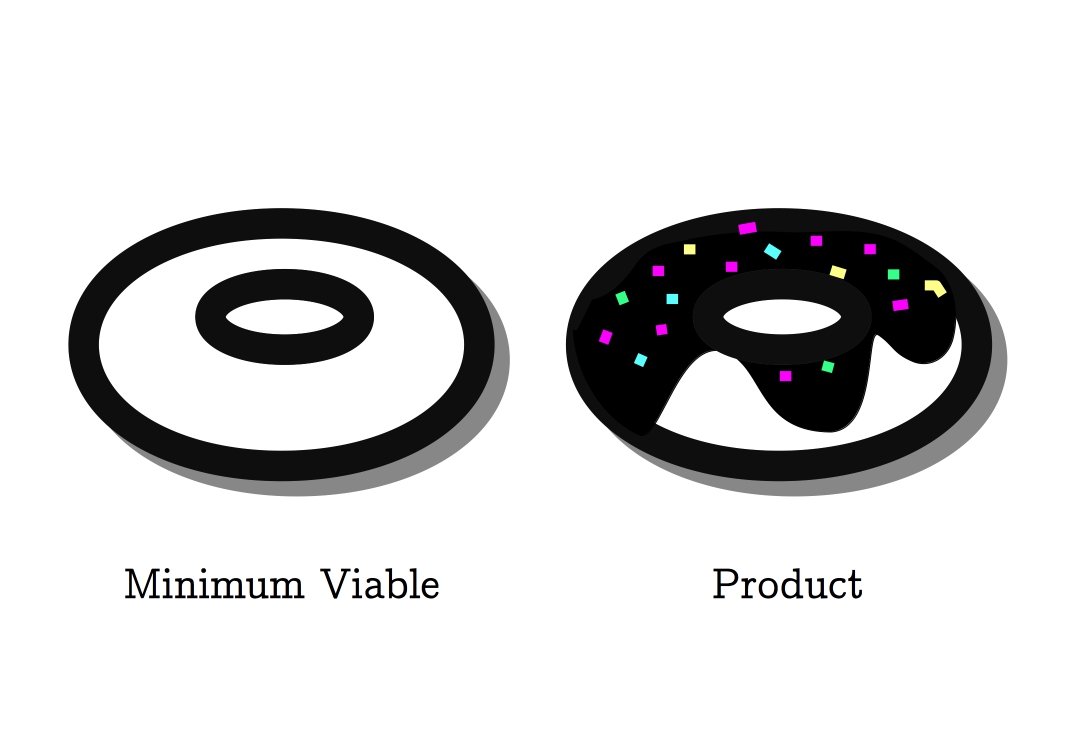In the last months, learning, with all its communal and convivial aspects, turned into an online-only endeavour. This sudden transition didn’t leave much room to make a judicious choice of modes of interaction, communication tools, utilised services and platforms. Within educational organisations, we witness a double movement: on the one hand, a centralisation of all activities by means of the software suite (e.g. Microsoft Teams); on the other hand, the standardisation of a maximalist mode of communication meant to replicate class interactions (e.g. Zoom meetings).
Both aspects deserve scrutiny: are we sure that activity centralisation is a good idea in the long run, letting others decide how digital tools shape our educational environments? And are we fully convinced that the video call mode is the best mode of exchange, to foster the relationships of the class setting? In both cases, technological maximalism takes over: more is more.
We believe that minimal, frugal solutions can prove more effective than hi-tech, hi-bandwidth, baroque ones. The latter can be an opportunity to renegotiate online presence, during this residency we will focus on exploring and rediscovering the principles of calm technology and minimal computing, and accommodate different rhythms of engagement.
Two references are important departure points for this residency. The first is the solar-powered Low-Tech Magazine website <https://solar.lowtechmagazine.com/>, where all design choices (ranging from hardware to layout) contribute to a setup that runs on a radical low amount of energy. Another resource is the work of the Minimal Computing workgroup <https://go-dh.github.io/mincomp/> which expands the notion of computational minimalism with methodologies that maximise access and appropriation. They do this for example by favouring documents over databases, static sites over dynamic websites and recycled hardware over new computers.
In order to be able to closely engage with our tools of choice we will work with Free Software, which enables us to not only use a tool, but also modify it, combine it with other tools, or transform it into something new. We look forward to be in the position of negotiating our digital learning environments, by closely engaging with its systematics, structures, logics and (not to forget) layouts.
Minimalism is for us a departure point to make space for other possible forms of technologically mediated learning. Throughout the residency we will not work with fully-complete software-suites, but work with single tools and explore how they could be used as educational environments. Important for us is to understand how minimal technologies can maximise a learning experience.
Varia has been working on different experimental learning tools over the last years. One of the tools that we use most often is an Etherpad installation, a collaborative text editing software that we have installed in our server at Gouwstraat 3, Rotterdam. Around this tool, a set of learning methodologies emerged; some carried over from the self-organised summer school Relearn, others from the monthly Varia hosted Read & Repair sessions.
During this residency we will experiment with the impact that magic words, alternative skins, file format pipelines, imperfect plugins, or promiscuous APIs can have on the scenography of digital learning environments. These sessions will result in a public event which will be announced on the MAPP website very soon.
